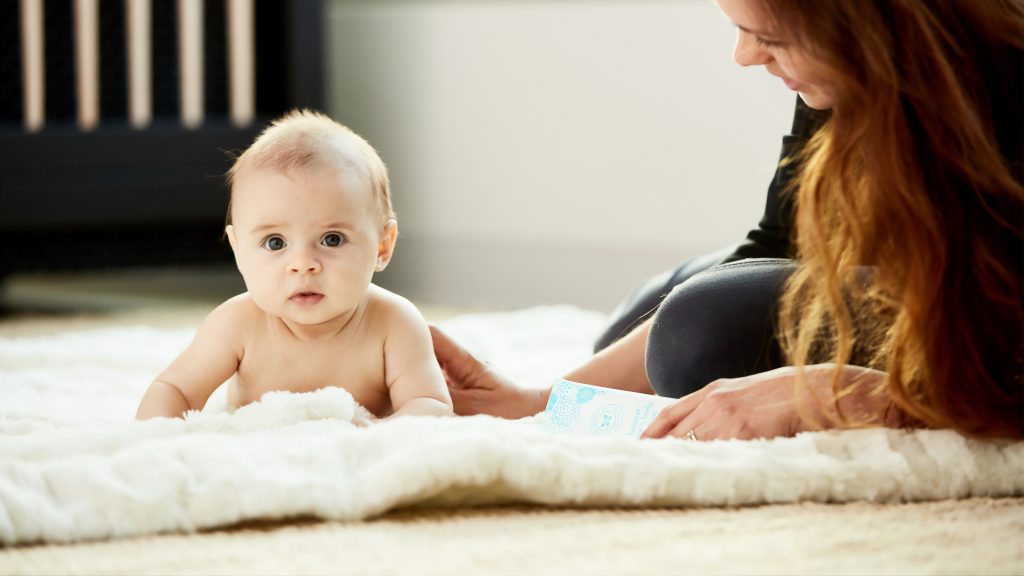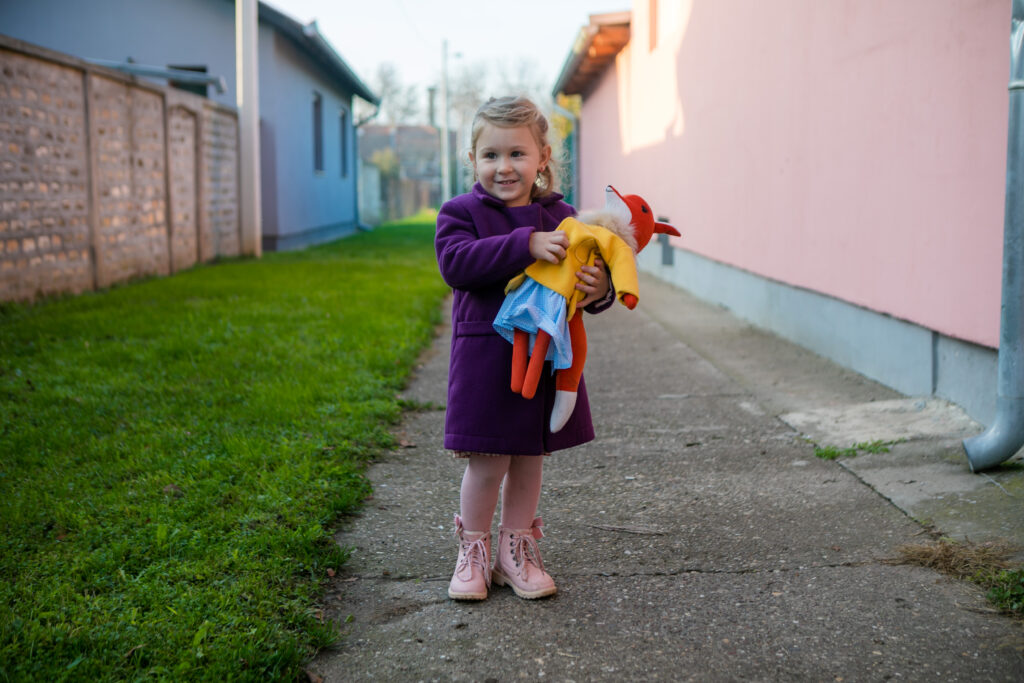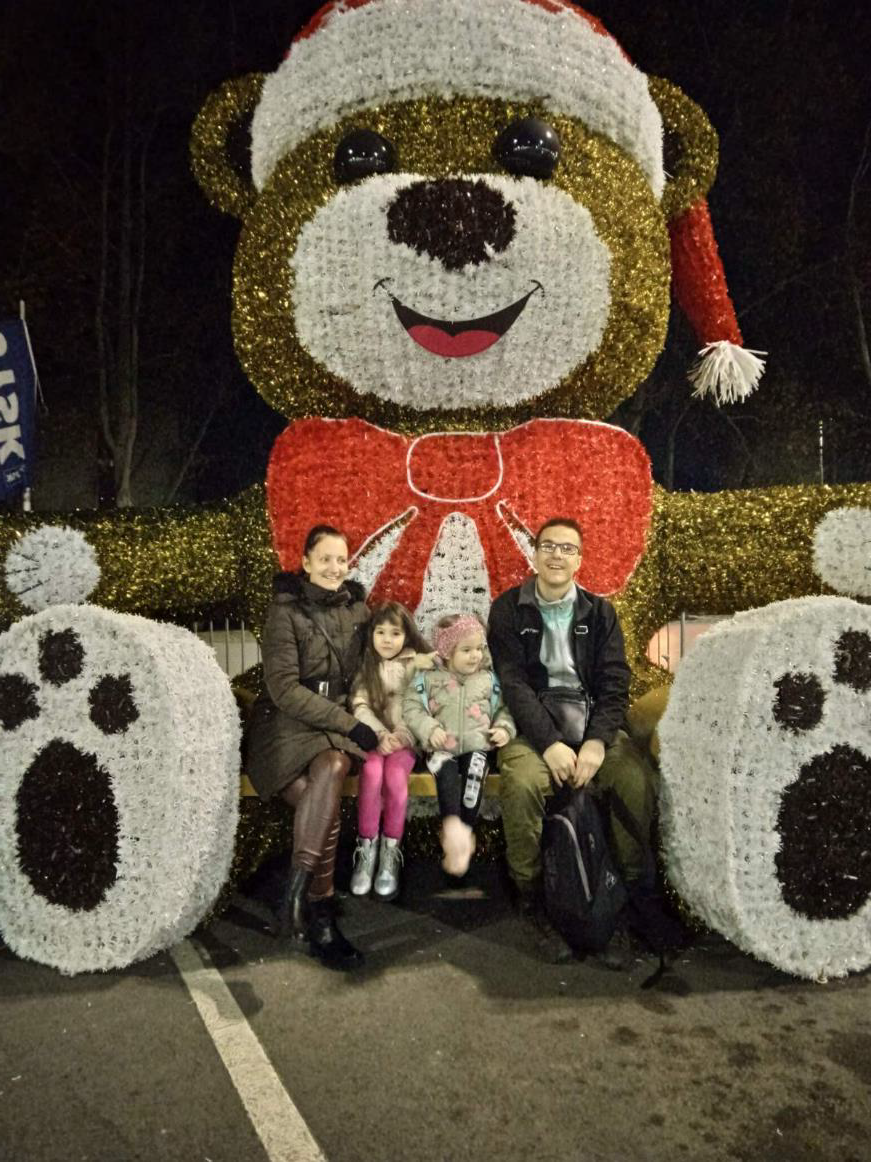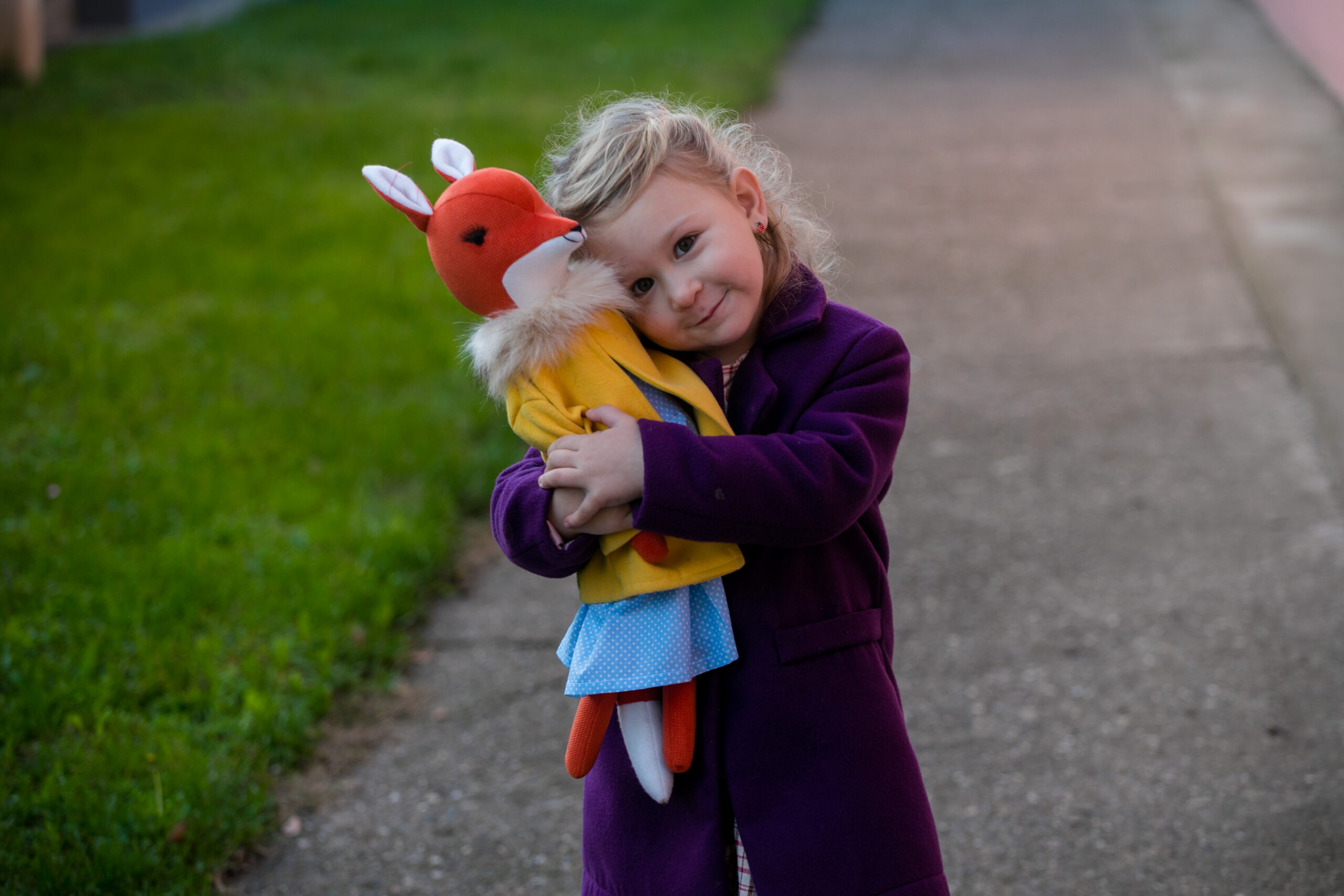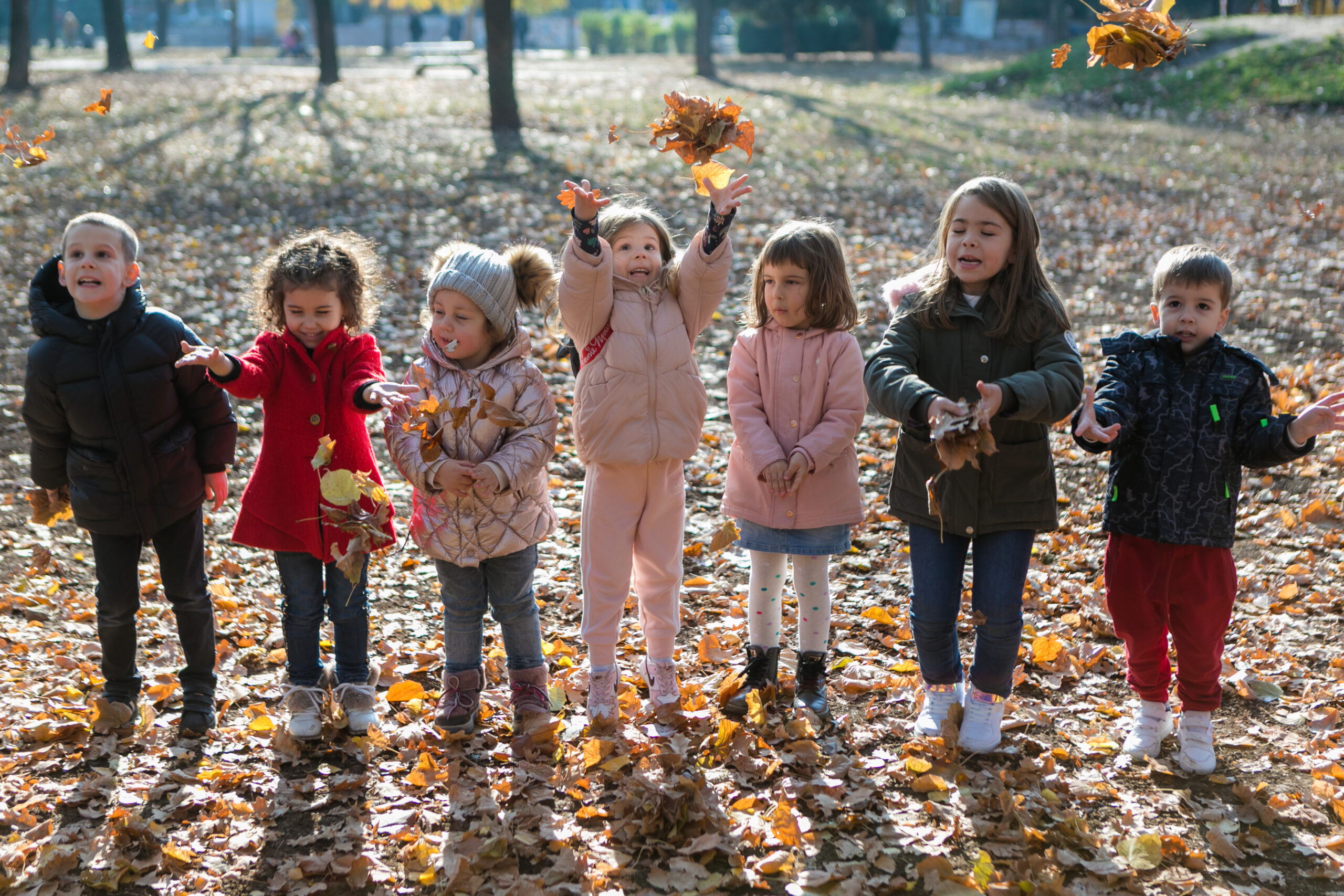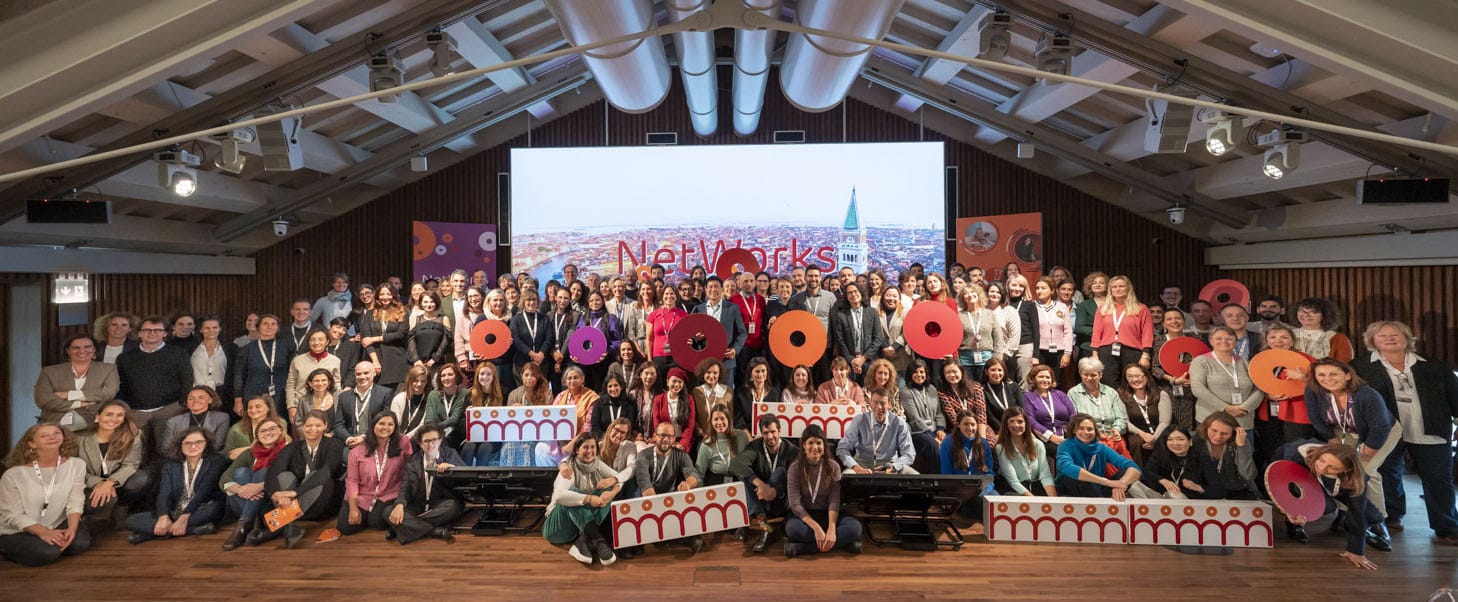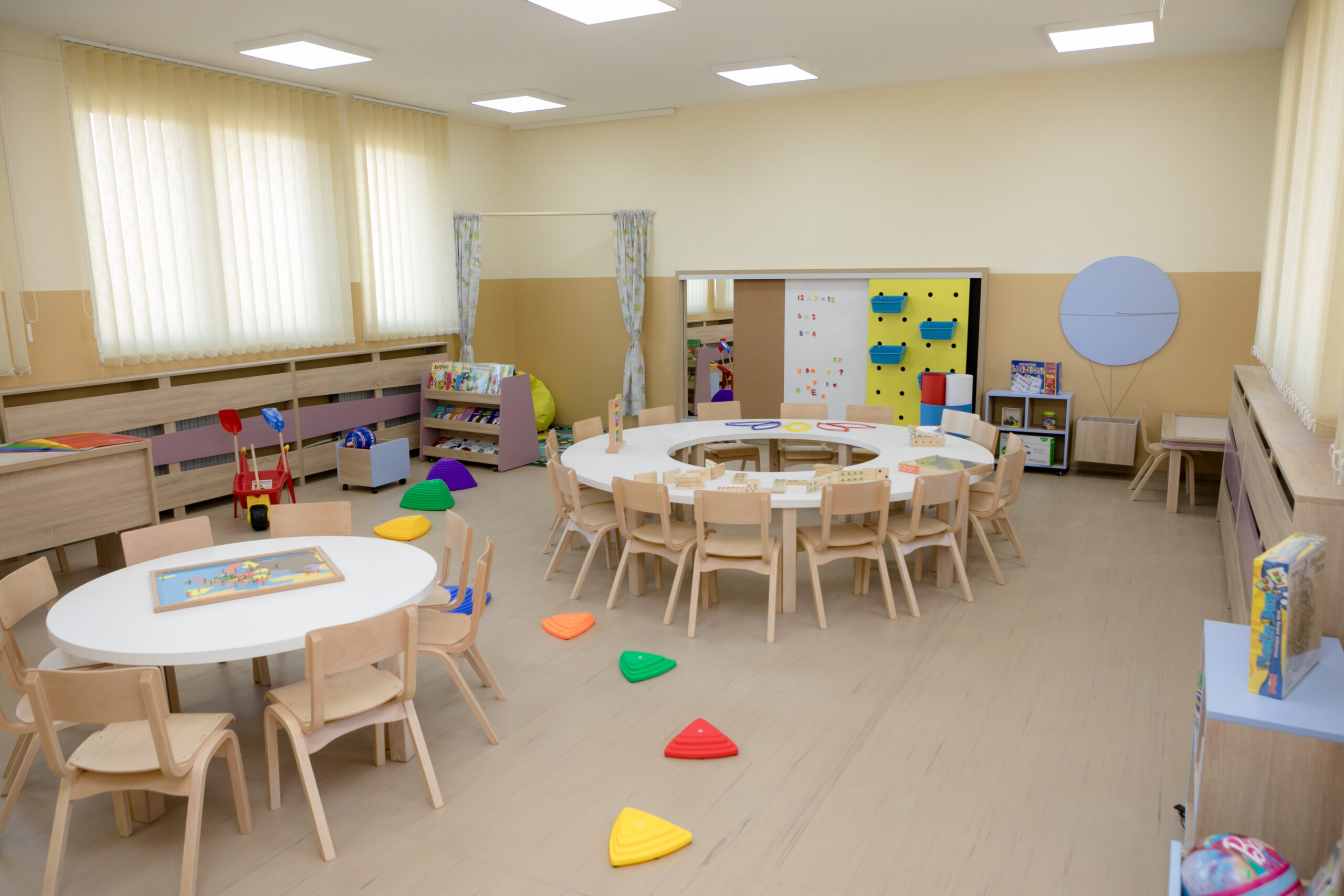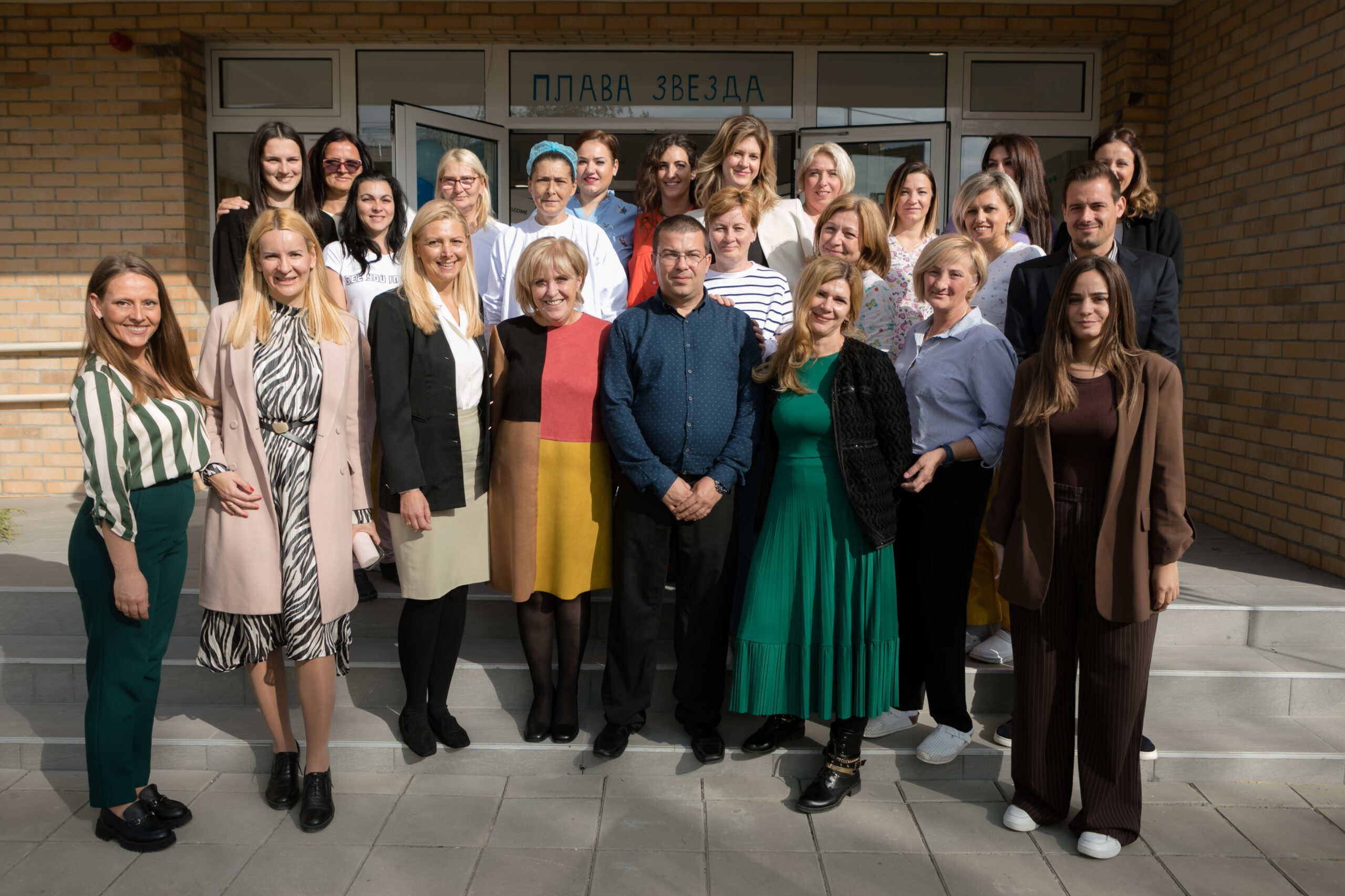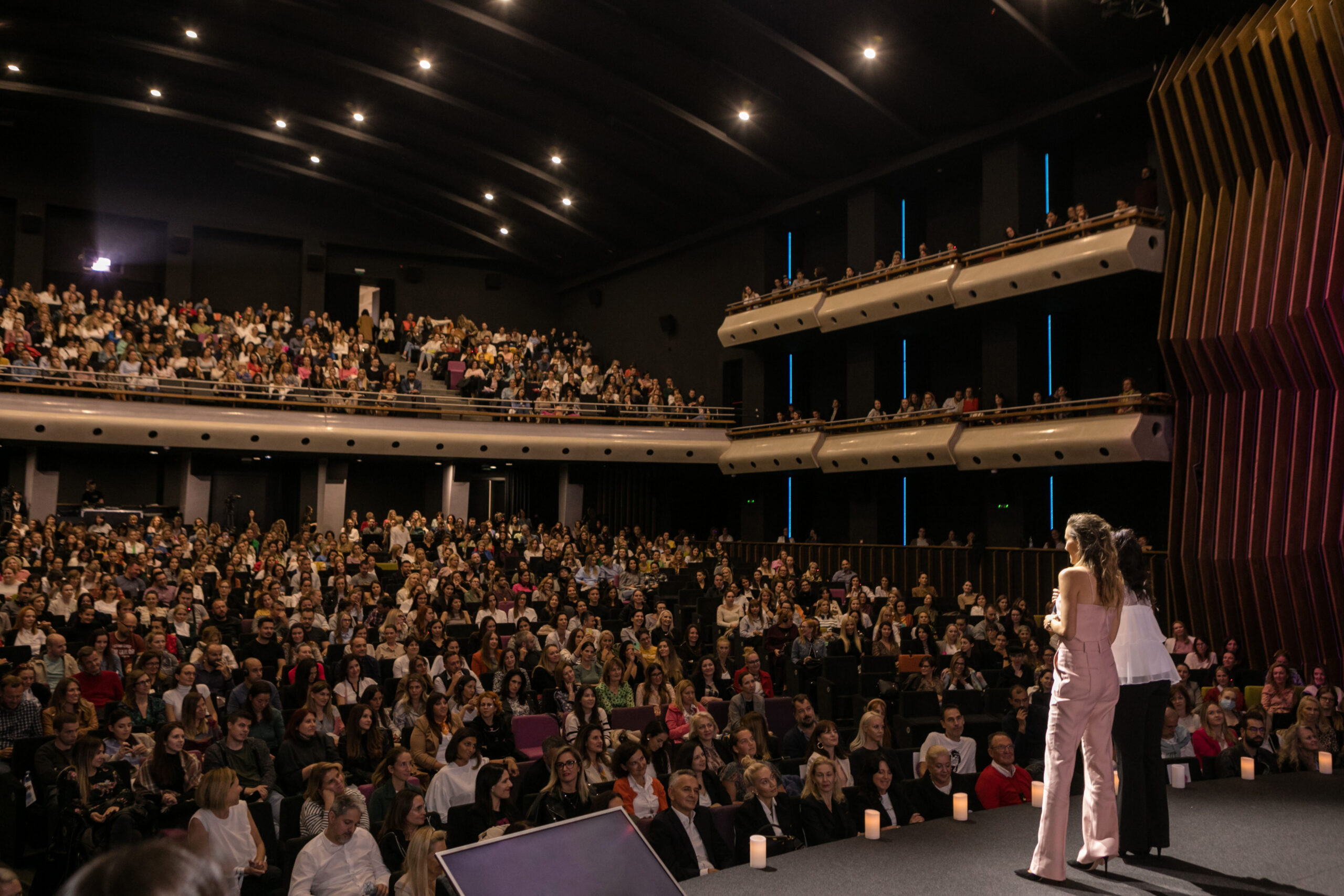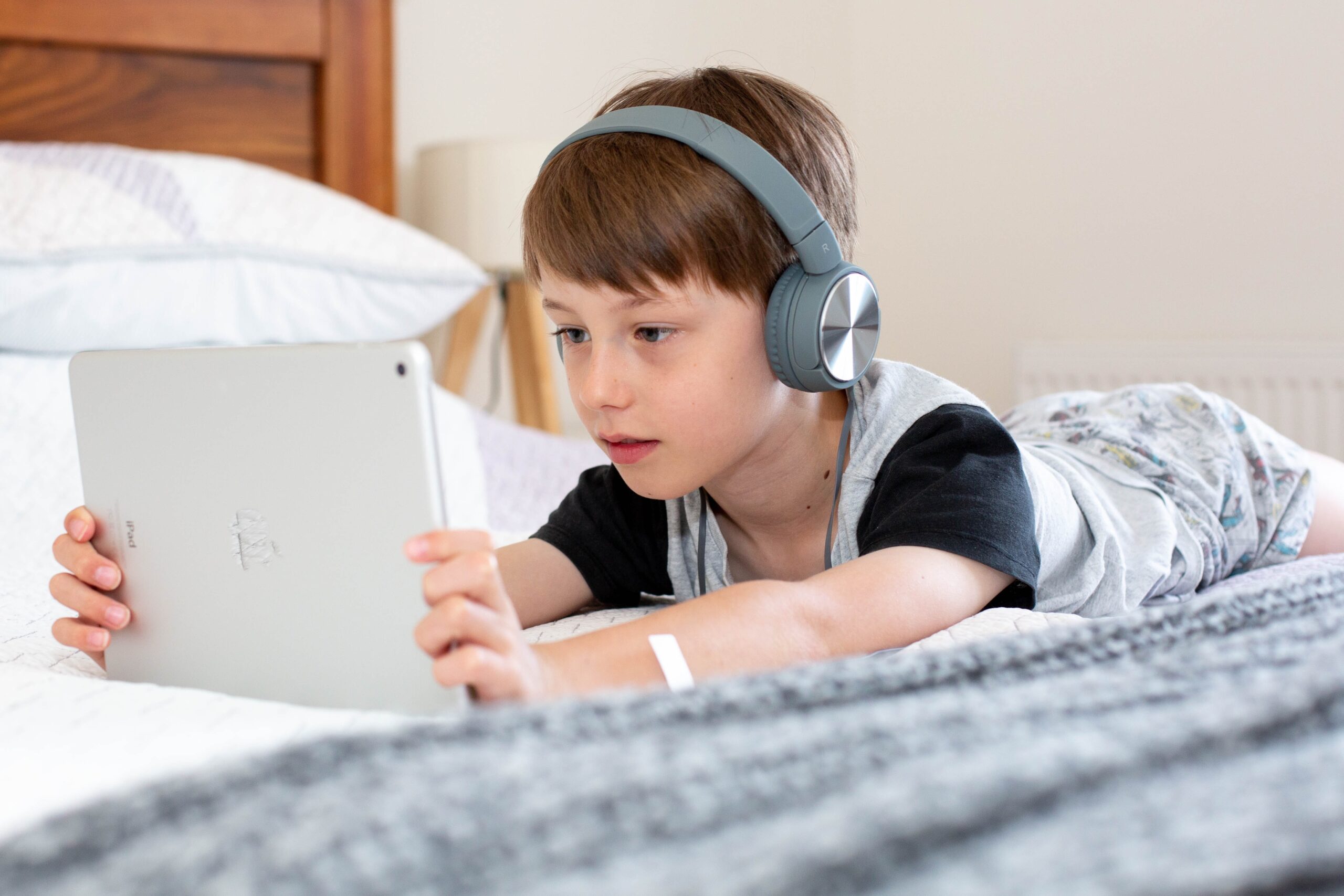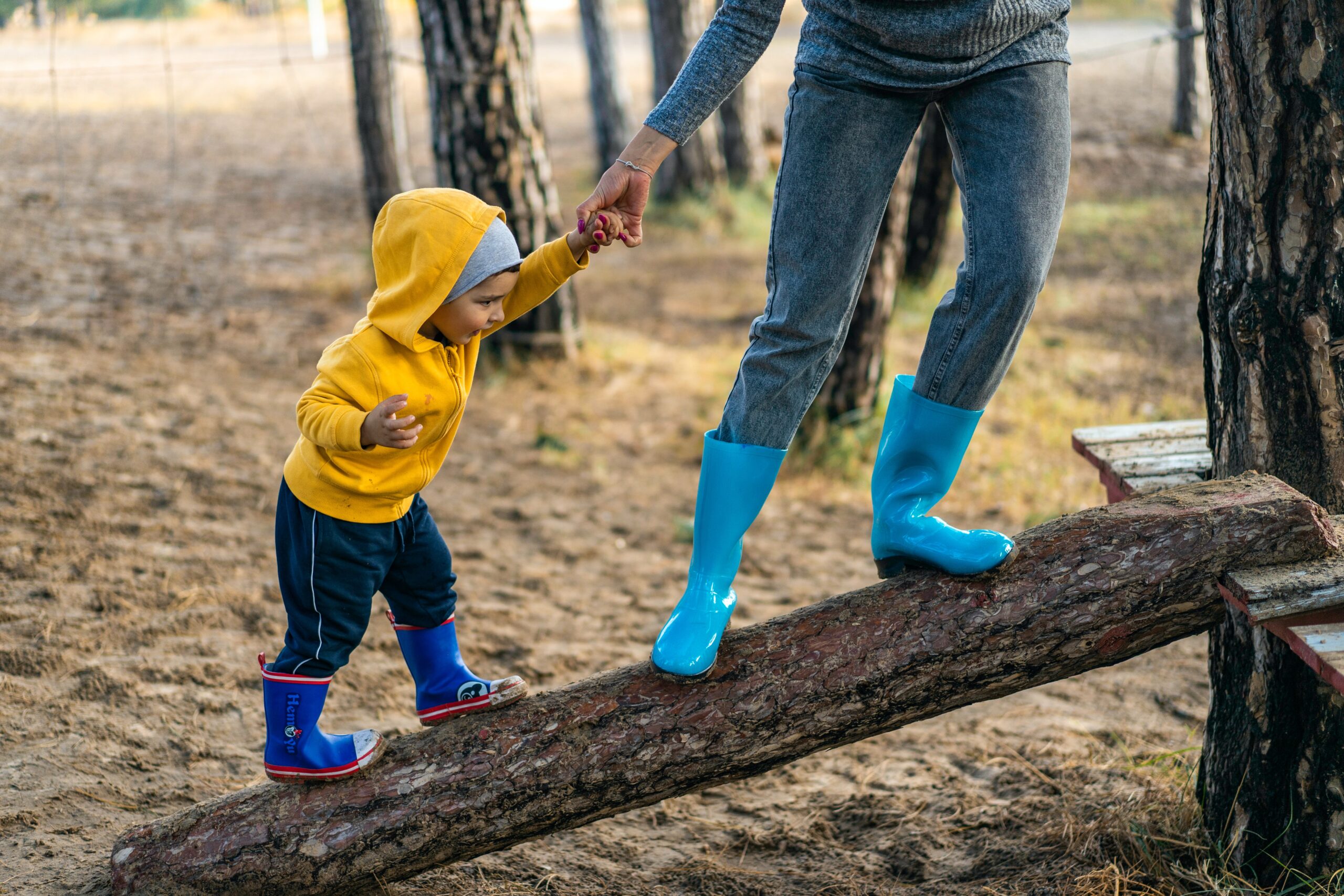If we understand the basic Montessori postulates, we can improvise and make up activities by following and listening to our children. That’s why Montessori pedagogy is so great- its very practicable and has long term effects. I propose 10 Montessori activities for children at home, which combine the basic postulates and activities that can be easily done at home, without the need for additional shopping. As always, you will get the best results with a little creativity, imagination, adaptability, and observing what your children prefer the most.
Montessori activities at home for babies
Required materials: weaved or any type of basket, several of the child’s basic toys, safe everyday objects from home.
For a baby, staying at home will be a blessing because in the first year it is crucial to ensure that the child is at their home as much as possible, in a familiar environment with their mother, and that they have the conditions for free movement. If you have not done it already, create a little playing space on the floor for the baby, because the baby needs freedom of movement. Montessori activities for babies that turned 6 months can include baskets with objects.
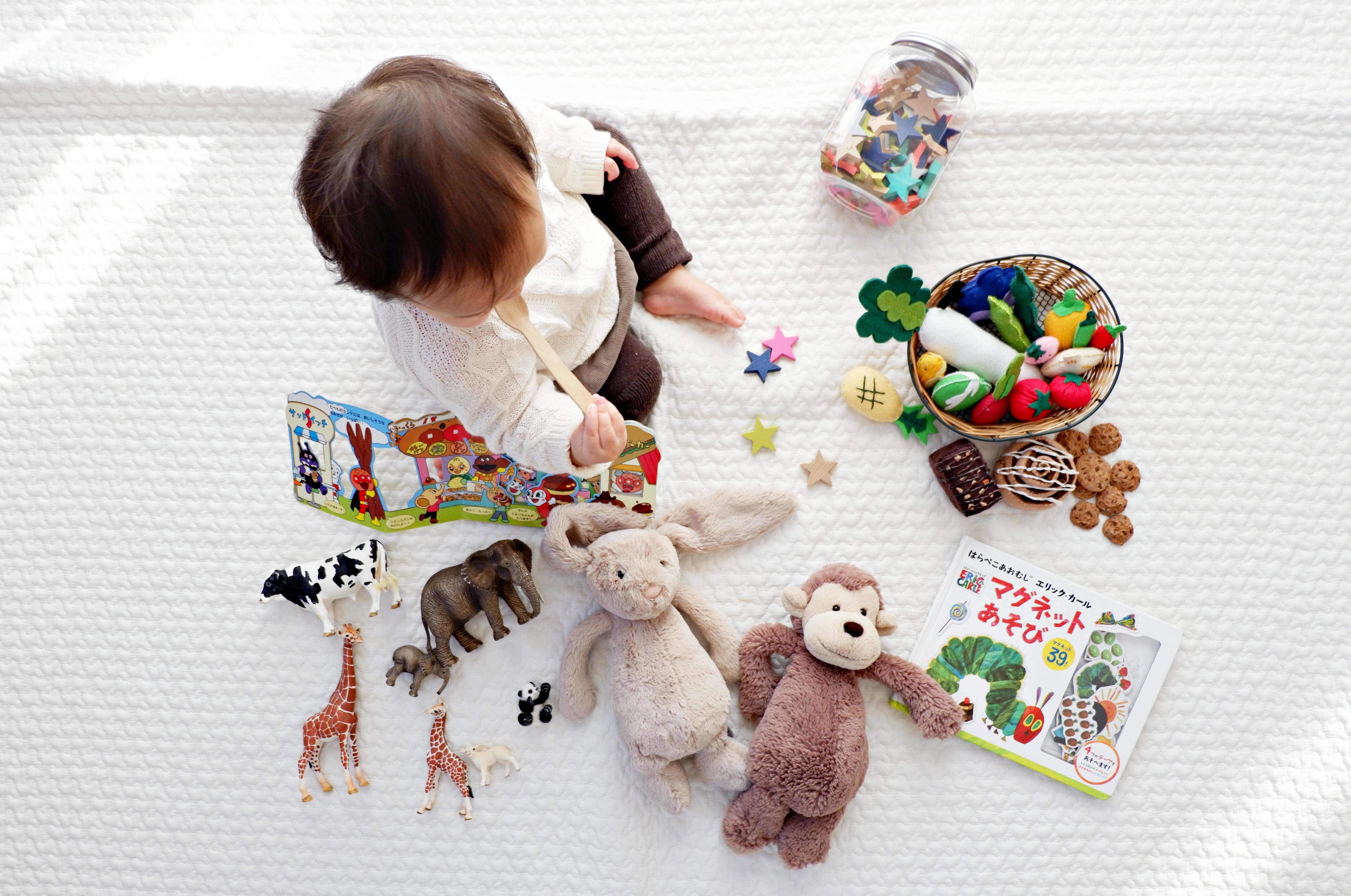
We propose 10 Montessori activities for children at home, which combine the basic postulates and activities that can be easily done at home, without the need for additional shopping.
#MONTESSORI IDEA NUMBER 1 – TOY BASKET
Baskets are classic Montessori material. You can put three of the baby’s toys in a basket – a baby rattle, a ball, and a baby float. The baby will be exploring the objects as much as it likes.
#MONTESSORI IDEA NUMBER 2 – BASKET WITH OBJECTS
Pick up everyday household objects and give it to the baby to learn about them and get familiar with them. Give their names, and rotate the selection. The baby will perceive those objects in a new way every time as their brain develops.
#MONTESSORI IDEA NUMBER 3 – THEME BASKETS
Baskets offer many possibilities – as the child grows, you can make theme baskets dedicated to certain parts of the household, with different materials (wood, metal, textile, plastic), same colors and so on. The baby will learn about the real world with their little hands, absorb their language, and have a systemic understanding of the order at home.
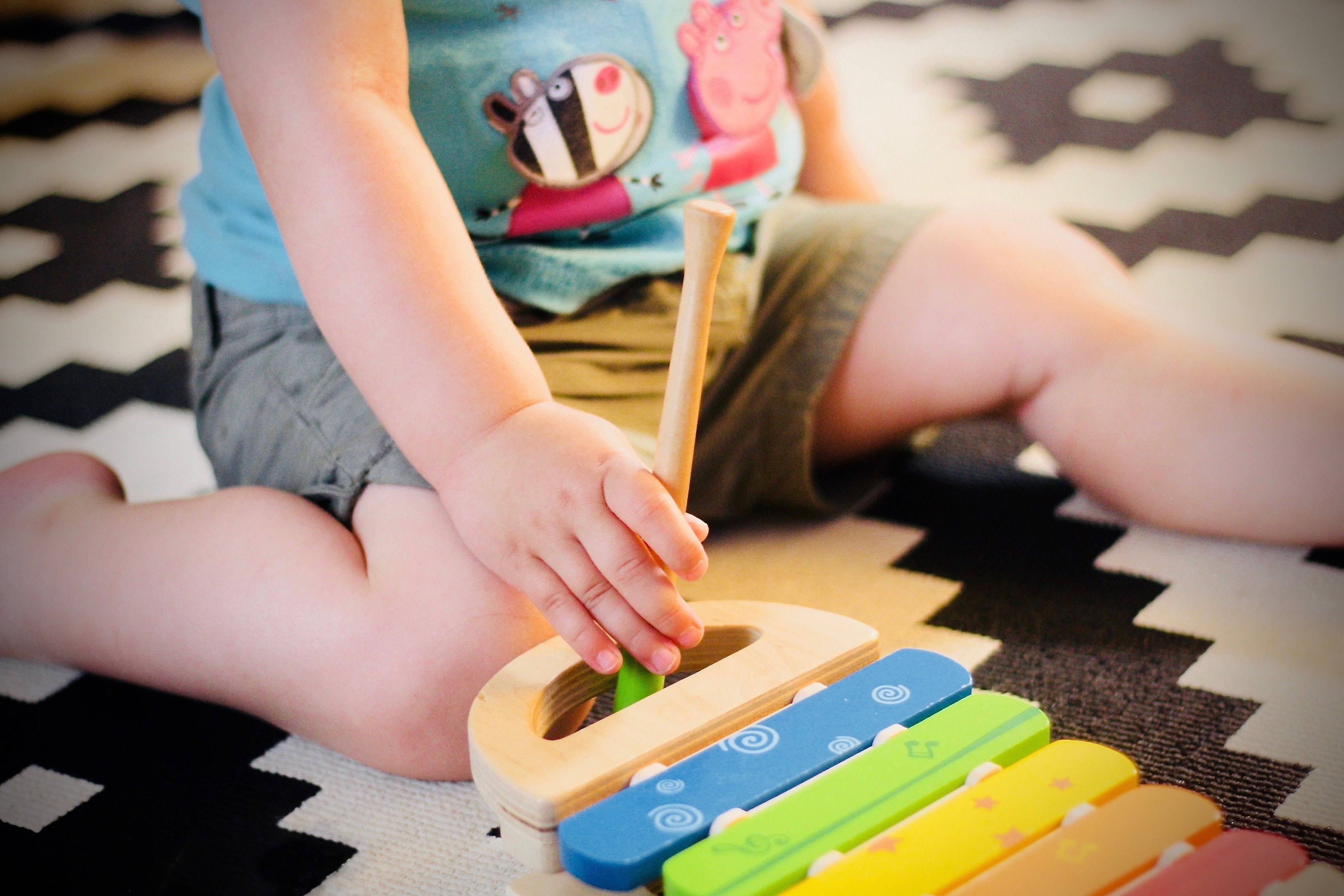
At the age of 15 months, the child is ready to imitate the activities of adults. The Montessori approach for this period highlights that toys are not as interesting to children as mastering everyday activities is – the domestic activities.
Montessori at home for toddlers
Required materials: trays, hygiene and everyday objects, small jugs, glasses, pastry, thread, buttons, bags and so on.
#MONTESSORI IDEA NUMBER 4 – MOM’S VALUED ASSISTANT
At the age of 15 months, the child is ready to imitate the activities of adults. The Montessori approach for this period highlights that toys are not as interesting to children as mastering everyday activities is – the domestic activities. So find trays, little glasses, and jugs, and organize cutting, pouring and so on. Involve the toddler in all existing household activities, while thinking ahead about what and how much it can do. What children love the most is to be with adults who give them allow and let them be an equal part of the community.
Here is the list, and you can add to it yourself: watering flowers and caring for plants; maintaining hygiene at home – washing windows, cleaning with a sponge, dusting, vacuuming, cleaning; activities in the kitchen – preparing meals, setting the table, wiping it and cleaning it up, sorting the dishes and the cutlery, spreading something on a piece of bread, drinking water from a glass, washing dishes, cooking, dishwashing, pouring liquids from one container to another; dress-up – sorting socks, laundry, picking up clothes, cleaning shoes.
#MONTESSORI IDEA NUMBER 5 – A PARK AT HOME
If you do not have a garden, this will take additional creativity. To make up for the inability to go outside, organize a home playground – climbing, mattresses, and stools where children can climb up and down all they like. Everything safe and that lets a toddler jump is an excellent idea. You cannot expect the kids to sit still at home. Just increase your patience and supervision.
#MONTESSORI IDEA NUMBER 6 – PURE JOY
All personal care activities are also an ideal home project. Independently putting on clothes, sorting clothes, preparing clothes for the next day, putting on shoes, selecting clothes, buttoning, cleaning shoes and maintaining hygiene – washing hands, combing, brushing teeth – are a challenge for children, but the earlier they start and get to try and practice, the happier and satisfied they will be. Stopping the use of diapers is also best organized in a period when you will not be going out, so you can be very efficient if you use this period for teaching such an important thing.
#MONTESSORI IDEA NUMBER 7 – REAL LIFE
Learning about real-life through senses is an investment for the future. Surround the toddle with real objects, miniature versions of objects, and you can also make cards. If you do not have cards ready, you can cut them out from magazines, then combine them with toys. For example, combine a photo of a dog with a dog miniature, and then name it – it’s a dog, it says woof woof. What does a little dog do? Or we combine a small glass with a photo of a glass, and we say, that’s glass, we drink from it. What do we drink? And so on.
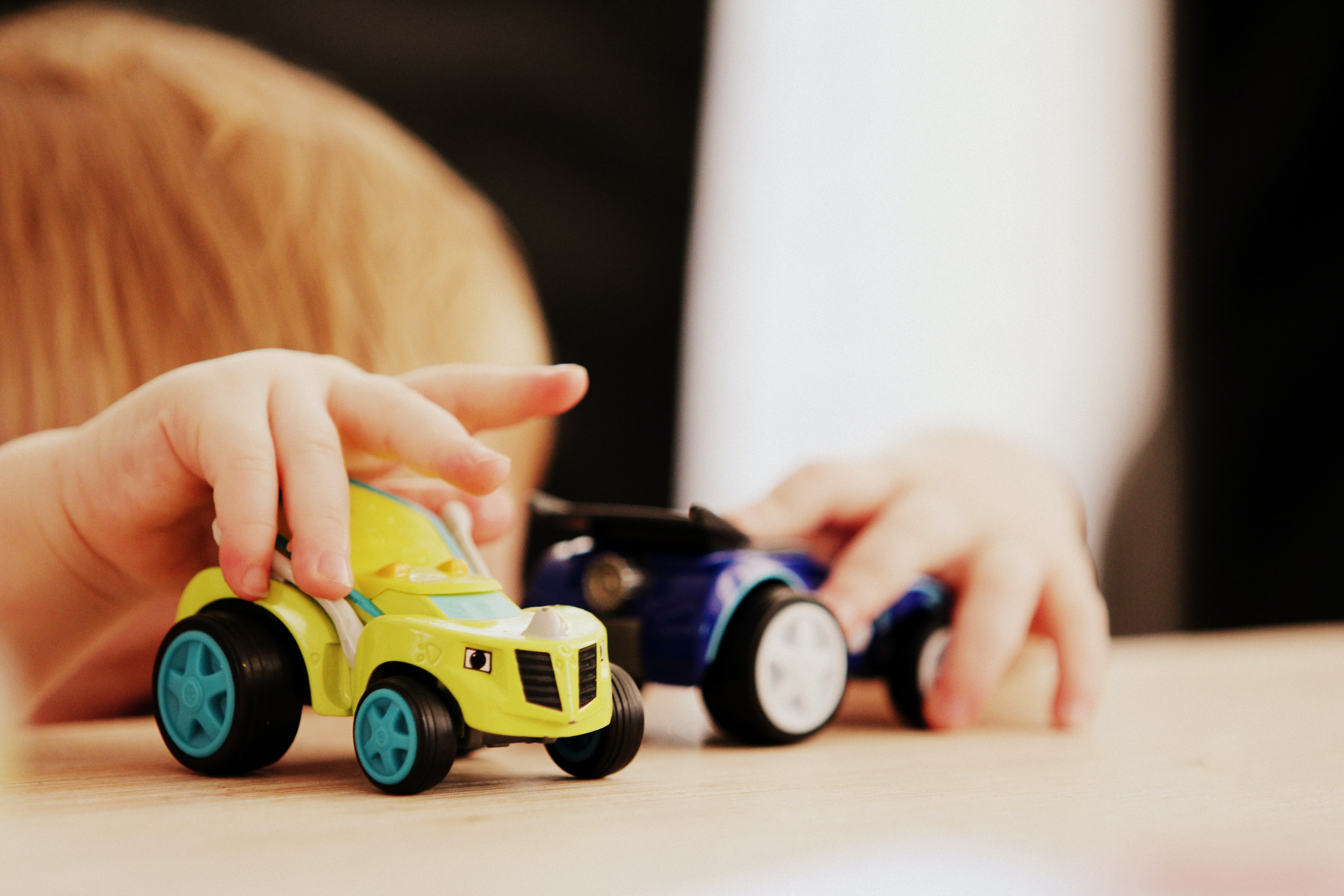
Enjoy yourself with your children in these activities at home, try to become more familiar with them, and let them get more familiar with you
# MONTESSORI IDEA NUMBER 8 – LET ALL SENSES PARTICIPATE
You can fill a bag with several household objects, and play by letting your child put their hand in and feel an object, and try to guess what it is. Learning about real-life using their hands and senses is very interesting and productive for toddlers, for example: touching different materials, smelling different scents (spice), or matching tiles of the same color.
# MONTESSORI IDEA NUMBER 9 – FAST FINGERS
The development of motoric skills is connected to brain development. Try to find something for children’s fingers to keep them busy. For example: putting beads on a string (or pastry) and making necklaces, or precisely sticking spaghetti into the holes of a sugar jar, putting puzzles together, and so on. Several glasses and 20 different buttons on a tray can be a great joy for a toddler!
# MONTESSORI IDEA NUMBER 10 – TAKING CARE OF A PLANT
A wonderful activity for a toddler is plant care. You can certainly get a plant, a small bucket, and a small sponge. Have the toddler watch his plant grow and actively learn about nature, even when he is home.
Enjoy yourself with your children, try to become more familiar with them, and let them get more familiar with you. Accept this situation as the reality and a blessing, as the opportunity to do all that you wanted to do that you would not have time for otherwise. Let your children come out of this situation richer, with experiences in closeness and love at their home, and become more resilient and better prepared for life.
About the author: Tijana Adamov Ignjatović, founder and director of CSR Concept Incubator Žute Patalone intended for creation of socially responsible concepts and the founder of the Childhood Study Initiative (Inicijativa za proučavanje detinjstva) the goal of which is to found the first Institute for Childhood Study (Institut za proučavanje detinjstva).

